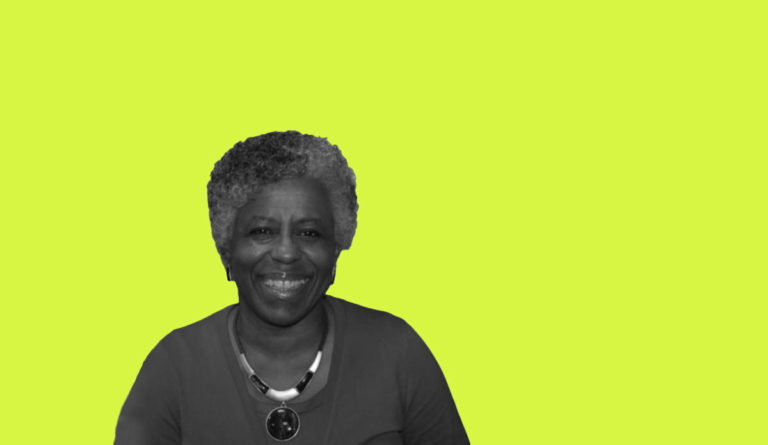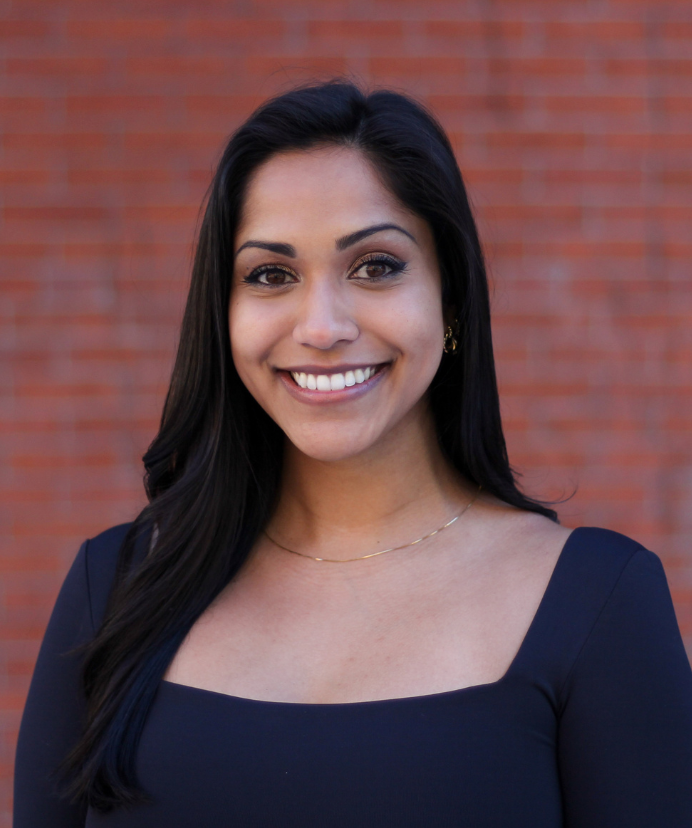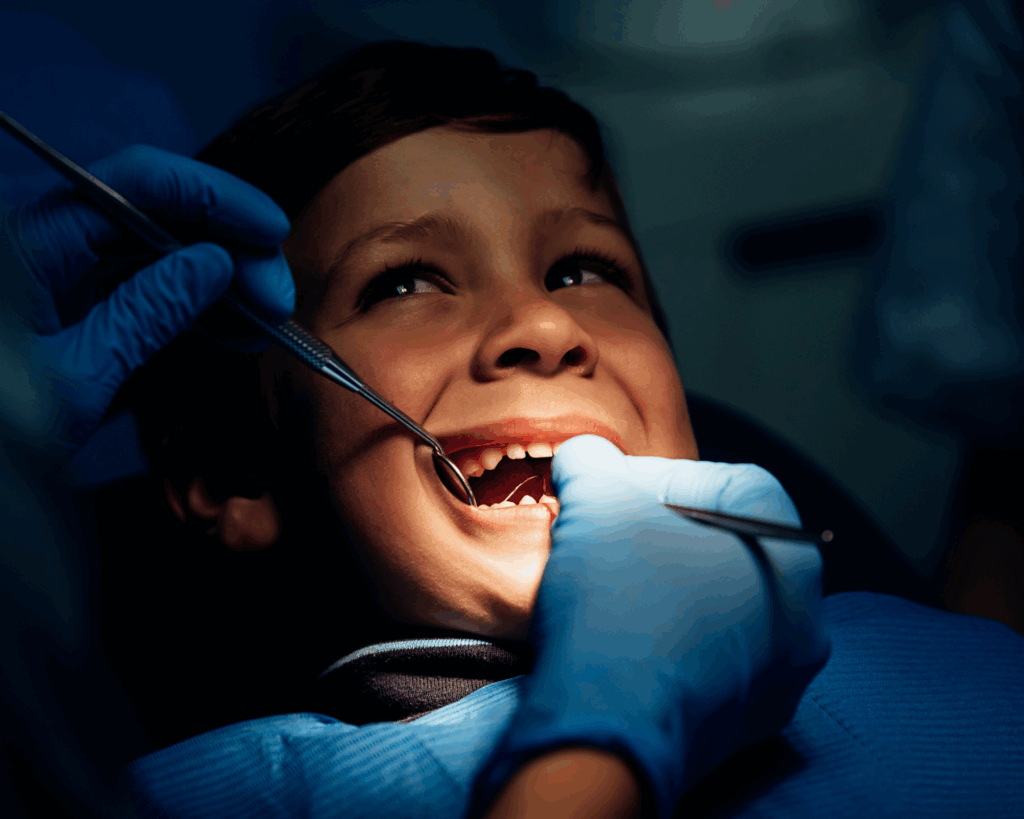Mia Roberts
Mia Roberts is the vice president of community relations for the Big Sister Association of Greater Boston, one of nearly 300 affiliates of the National Big Brothers/Big Sisters Federation.

Read Time: 4 minutes
Published:
Mia Roberts is the vice president of community relations for the Big Sister Association of Greater Boston, one of nearly 300 affiliates of the National Big Brothers/Big Sisters Federation. She talked with PHP about how the program builds young girls’ healthy development and resilience, and works to ensure girls don’t “lose their voice” as they grow.
When I asked Mia Roberts what she believes is the biggest issue young girls face, she responded immediately, like a reflex to stimuli, or recalling a familiar childhood story of a mermaid who longed to be human: “Loss of voice.”
“You ask a girl when she’s seven or eight what kind of pizza do you want? She’ll tell you, ‘I want pepperoni’ or ‘I want pineapple,’” Roberts explains. “But when she hits middle school, she responds, ‘I don’t know, what do you want?’ In that period of growth between elementary school and middle school, there’s a loss of agency, a loss of voice.”
Mia Roberts is the Vice President of Community Relations for the Big Sister Association of Greater Boston, one of nearly 300 affiliates of the National Big Brothers/Big Sisters Federation. The program is the only Big Brother/Big Sister agency that exclusively serves youth who identify as female. Their participants, ages 7-15, are matched with mentors (“Big Sisters”) with whom they engage in activities such as playing basketball, watching movies, baking, or just having conversations. In serving a marginalized population, Big Sister Boston’s mission is to ignite girls’ “passion and power” and to support healthy socio-emotional development through positive mentoring relationships with adults.
Many young girls are subject to bullying and social media image standards that can produce lasting stress and compromise mental health and positive identity development. Roberts explains why healthy youth development is critical for long-term health. “We had a little sister who just wanted to see the Charles River. A thing we take for granted. But when you’re young, you can come to learn that those things aren’t for you.” A fish dreams of land, but is bound to water. “When you realize such things are for other people, but not for you, that’s when depression and poor mental health starts. Stress has psychological and physical impacts; it breaks down the body.”
Big Sister Boston is unique in using a research-based tool to track progress for their girls by measuring variables such as grades and feelings of social acceptance, like having positive relationships with adults or belonging to a social group. They also track negative health behaviors, such as smoking, drinking, skipping school, and dropping out. Big Sister Boston participated in a study conducted by Simmons University observing career aspirations for girls of color. The researchers found that young girls shared similar career goals, except girls of color valued financial goals and “being respected” significantly more than white girls. Additionally, girls of color felt that they were expected to have children and return to work immediately after giving birth, whereas this wasn’t necessarily true for white girls.
In building young girls’ healthy development and resilience, Roberts believes that confidence is key. “We focus on building girls’ confidence,” she says, “their inner conviction that they can learn anything and achieve their goals.” Ultimately, confidence helps girls understand the value of their voice. Roberts notes that confidence leads to caring, which can also build the capacity for sustaining constructive and positive relationships with peers and other adults.
“For us, the core of our mission is to promote your capacity to get stronger, smarter, and create a life that is good for you and the people around you. That is public health,” Roberts concludes. “The most powerful thing that you can do for anyone is to pay attention to them, to help them understand that they have everything that it takes to succeed, so they have hope.”
Interested in becoming a big sister? Click here to learn more about volunteering with the program.
Photo provided by Mia Roberts



